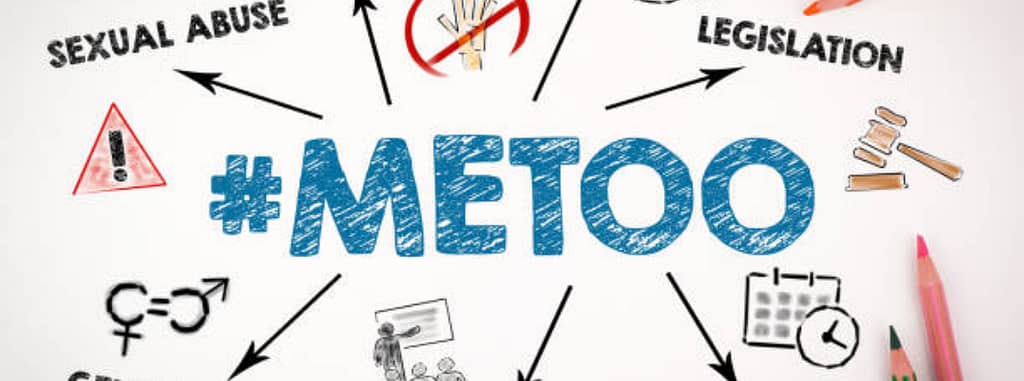Hours after she was arrested by the men of Nigerian police’s Special Anti-Robbery Squad (SARS), #ArewaMetoo campaigner and writer Maryam Awaisu has been released
Amnesty International (AI) confirmed her release via twitter on Wednesday morning after she was arrested in Kaduna on Tuesday evening . AI wrote that her arrest was a plot to intimidate women and activists against sexual violence. Specifically those who recently started gaining global attention with the #ArewaMetoo social media campaign.
The rage of Northern Nigerian woman– so far suppressed by fear and self-doubt, as a result of years of social stigma and the victim blaming culture– has finally come pouring out to set the notion for ArewaMeToo: Northern Nigeria’s overdue MeToo outcry (Arewa is the Hausa word for North). Caught in the trash pile are men and women; Many of whom were caregivers, close workmates or family members.
The highest profile person on the list so far is Abubakar Sadiq Aruwa,
an aide to the Minister of Finance. Most of Aruwa’s accusers claim to have been underage when he made sexual advances at them.
Abuja has a very distinct way of viciously protecting abusers and giving them leeway to continue. From Lanre mamacass to your fav @MusadiqZ
— 🐉 (@KingNelo2) February 10, 2019
Abubakar Sadiq Aruwa you are a manipulative abusive predator. You prey, hit and abuse young girls, manipulate and threaten.
In response to the allegations, Aruwa, a former aide to the governor of Kaduna State, Nasir El-Rufai, released a statement through his attorneys. In it, he claimed that the accusations are “defamatory commentary” on his person and “spurious and unsubstantiated allegations of rape” from a list of seven Twitter handles mentioned in the letter.
The trigger for the latest of Nigeria’s MeToo wave, and the first focused on Northern Nigeria, was provided by a woman named Khadija. According to All Africa, Khadijah had been a victim of domestic violence and remained silent for 2 years, until she resolved to seek justice with the ArewaMeToo campaign.
She recounted a Monday in January 2017 where her boyfriend, identified as Lawal Abubakar, had beaten and threatened to “kill and bury her body”. Like many other domestic violence victims, it became her responsibility to conceal the scars with make-up, long-sleeved turtlenecks and made up stories.
While there are legal structures in place, the patriarchal structure does not favor the victim in predatory cases in Nigeria. Many women (and men) tend to keep cases of assault and battery to themselves because our society’s victim blaming tendencies. It took Khadija two years to speak out about her experience with her ex-boyfriend. Society isn’t always kind to a woman with a voice. So, she turned to the one place women seem to have a chance at using our voices: Social Media.
The power of social media is glaring in the case of Maryam Awaisu. She’s most likely still be in police custody if the international activists and media community did not intervene.
Though the results are promising, the campaign is also attracting a lot of backlash. Much of which is coming from religious institutions. A tweet against the movement said, “#ArewaMeToo I am calling reasonable and responsible Arewa girls, ladies and women do not expose something which Allah SWT has concealed from your evils committed by your intentions or against your own consent. ArewaMe Too is simply a hidden agenda against your religion”.
Less accusatory comments have advised that the women keep the news within their families. One twitter user said that this–bringing the cases to social media– is not the way to get justice. Her reasoning is that the family is the best place to start with issues with domestic violence and rape. This is hardly ever helpful; Not in a country where the authorities are tone deaf to domestic violence and rape cases. As we have seen many times, family rooms are where these cases usually die and the authorities remain dormant.
As more victims, survivors and activists join the conversation, the corners to hide in ignorance are shrinking. Thanks to the safe spaces provided on the internet, women have more room to document the ordeals in explicit detail. Maybe seeking social justice by the social media community publicly shaming abusers is the only way toward justice.

